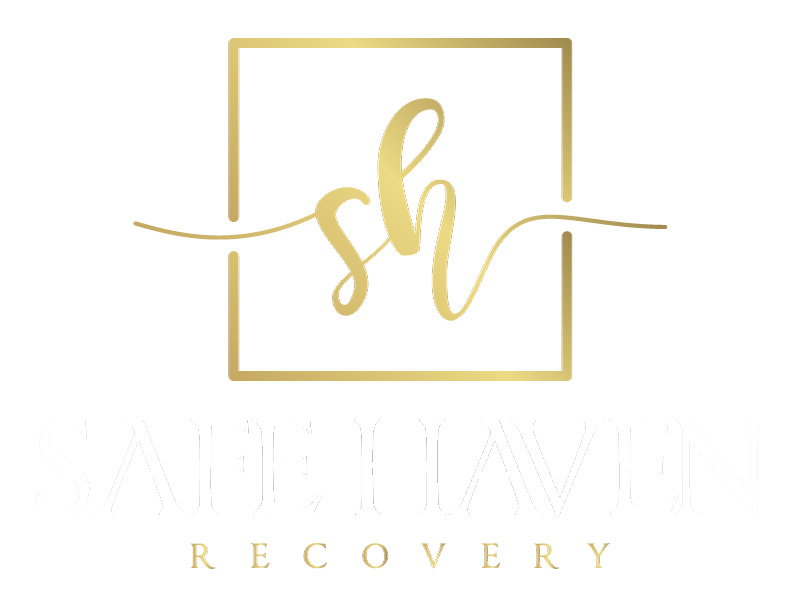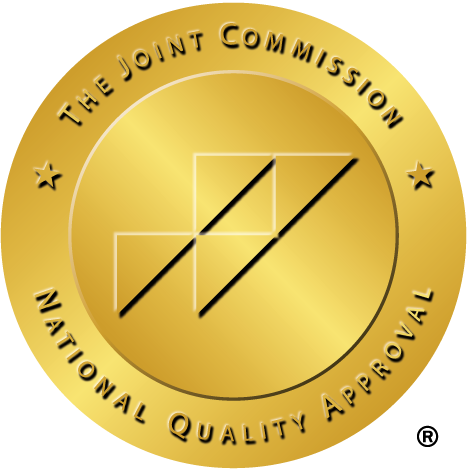
There are many different kinds of therapy that can be used in rehab centers and treatment programs. Supportive Residential Treatment is one such program that uses a variety of counseling approaches and techniques to help people overcome their addictions.
Family Therapy is often used during the course of treatment due to its effectiveness as a counseling intervention for substance abuse disorders. But what is family therapy? What are the benefits of attending family therapy sessions? And how effective is it?
This article will answer those questions and go over everything you need to know about family therapy, including what it is, how it works, and how it may be able to help you, your loved one, and your family heal.
What is Family Therapy?
Family therapy is a form of psychotherapy that focuses on the interactions and relationships of a family. It can be used to treat a wide range of mental health issues, including substance abuse, eating disorders, depression, anxiety, and other mental health issues.
Family therapists will often meet with each member of the family individually and then talk about what they’ve discovered with everyone else at once.
This helps keep communication open and candid so that everyone can understand where everyone else is coming from, which makes it easier for them all to work together toward solutions instead of just talking past each other or arguing endlessly.
When is Family Therapy a Good Option?
Family therapy is a good option when a family member is in rehab. It can also be helpful when a family member has a substance abuse problem and they need help with getting better. Family therapy may also be useful if your loved one is experiencing an ongoing crisis, such as an addiction relapse or mental health issue that requires immediate attention.
If you’re dealing with any kind of physical illness, whether it’s chronic pain or cancer treatment-related side effects, family members can benefit from receiving counseling services as well. Family therapy sessions offer support for families who need assistance navigating their way through challenging situations like the ones described above!
This type of psychotherapy helps families understand what caused the problem(s) to occur so that they can move forward together toward recovery goals instead of remaining stuck in unhealthy roles or patterns within their relationships.
What are the Benefits of Family Therapy at Rehab Centers?
Family therapy is beneficial in many ways. For example, it helps families to heal and grow as a unit. It helps families to communicate better with one another, make better decisions when facing difficult situations, and be more supportive of one another during times of need.
Family therapy also has a positive effect on the overall cohesion of the family unit. In other words, family members will be more likely to feel closer to their loved ones who have struggled with addiction or substance abuse problems because they share common experiences that no one else can understand except for them (and maybe some siblings).
How Effective is Family Therapy?
It’s no secret that many families struggle with communication, conflict resolution, and problem-solving. In addition to the potential to help you learn how to communicate more effectively, family therapy can also help you learn how to resolve conflicts and solve problems together as a team.
Family therapy can also help each member of your family set boundaries, which is a crucial skill when it comes to maintaining healthy relationships in sobriety. This way, each person knows what is expected of them; after all, if you’re going through recovery together with your spouse or kids (or other loved ones), there will be times when one person needs more support than another.
A Family Therapist Can Help You and Your Loved Ones Heal
The purpose of family therapy is to help families heal and grow. There are many ways in which family therapy can accomplish this, including:
• Improving communication between family members.
• Developing better coping strategies for dealing with difficult situations.
• Learning how to address issues that affect the entire family, such as addiction or mental illness.
Additionally, because each person brings their own unique perspective on a situation, it is important for therapists to understand the way that each individual perceives reality, which may be vastly different from their parents’ perception or even from their own perception at an earlier point in time!
A therapist who has built a rapport with someone will be able to better understand why something may have happened in the past than someone who hasn’t had much contact with them before (or if they’ve only seen them briefly).
Supportive Residential Treatment in California is a Great Place to Start
Family therapy can be an invaluable tool to help you and your loved one find a productive path toward healing.
At our supportive residential treatment center in California, we know how difficult it is to see a loved one struggle with addiction, and we also understand that recovery needs to include the whole family in order to address all the factors that contribute to addiction.
We are here to help your loved ones achieve their full potential by giving them access to comprehensive care at our rehab facility as well as education about addiction for you and your family members. If we can assist you or a loved one in any way, please contact us today.









